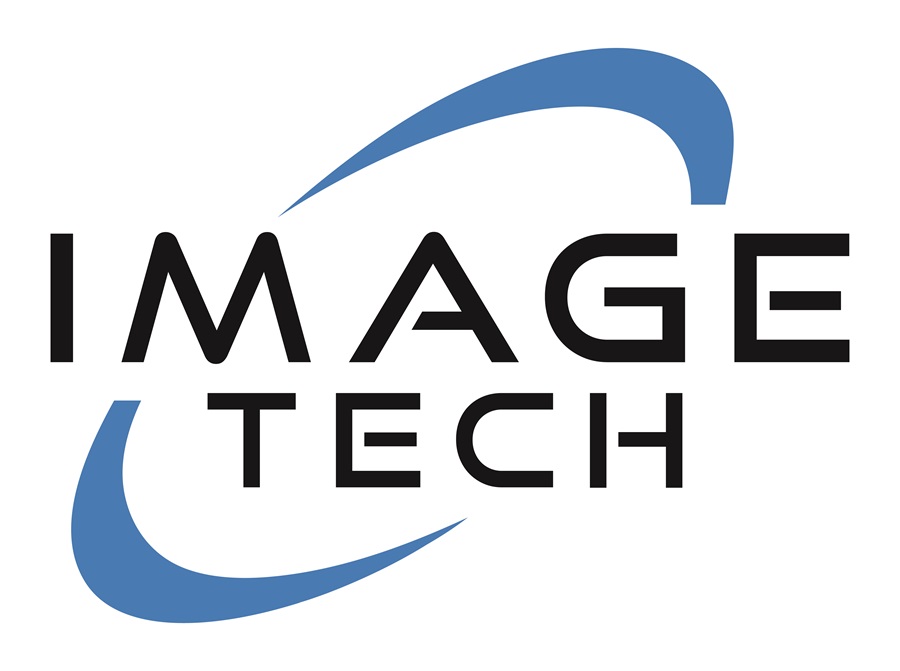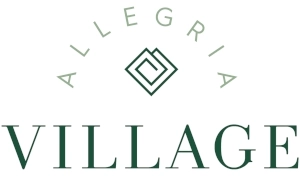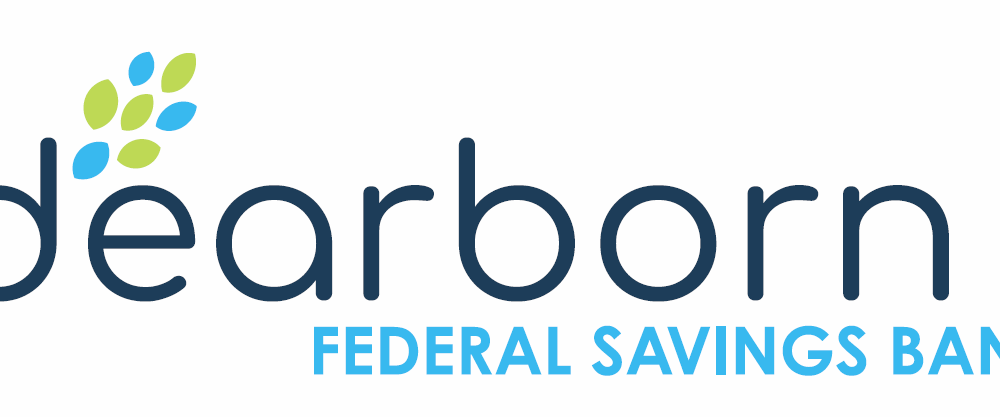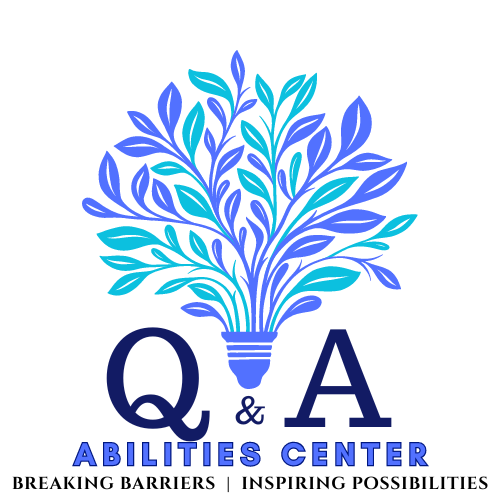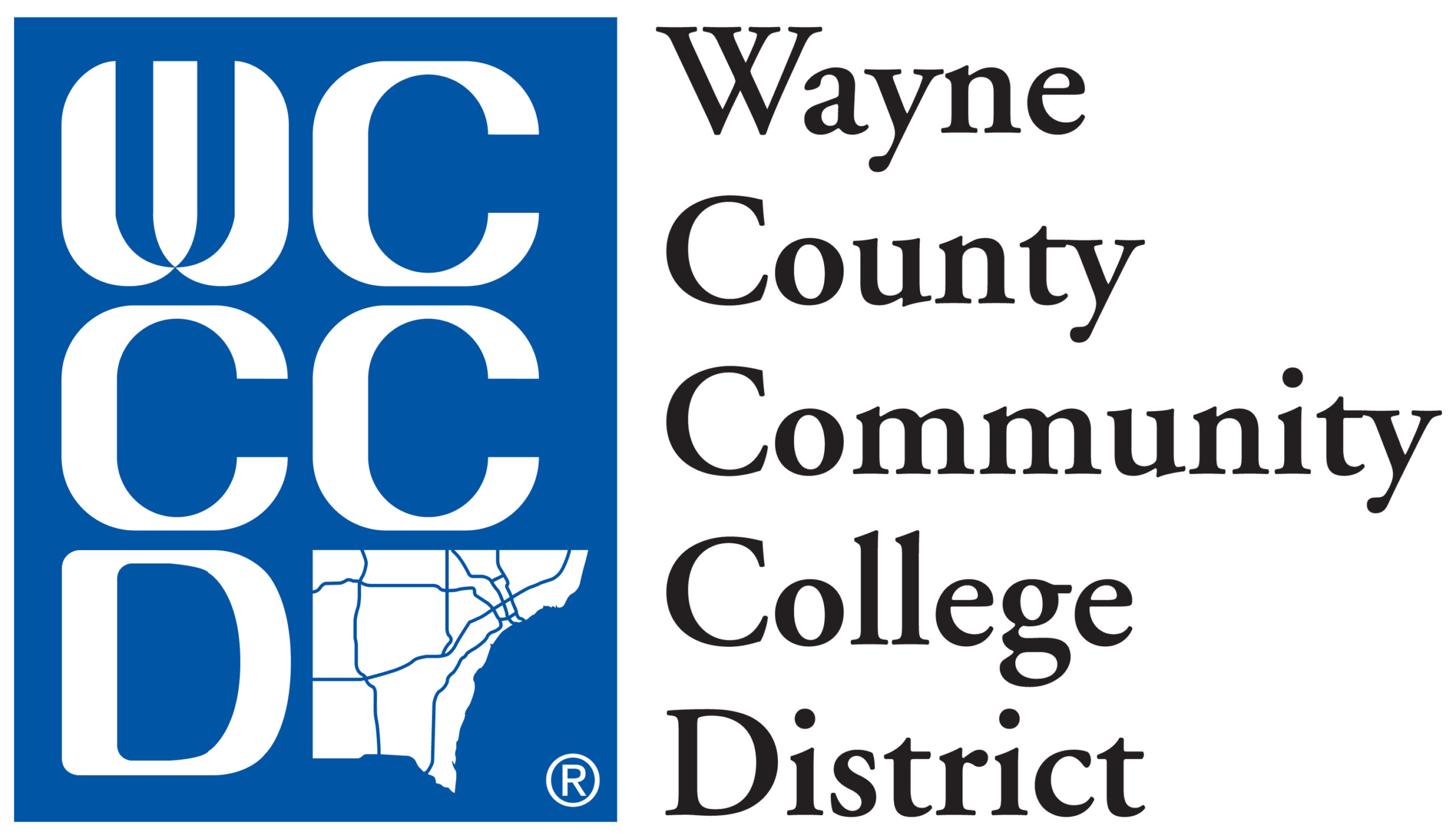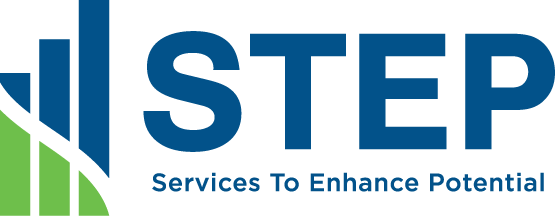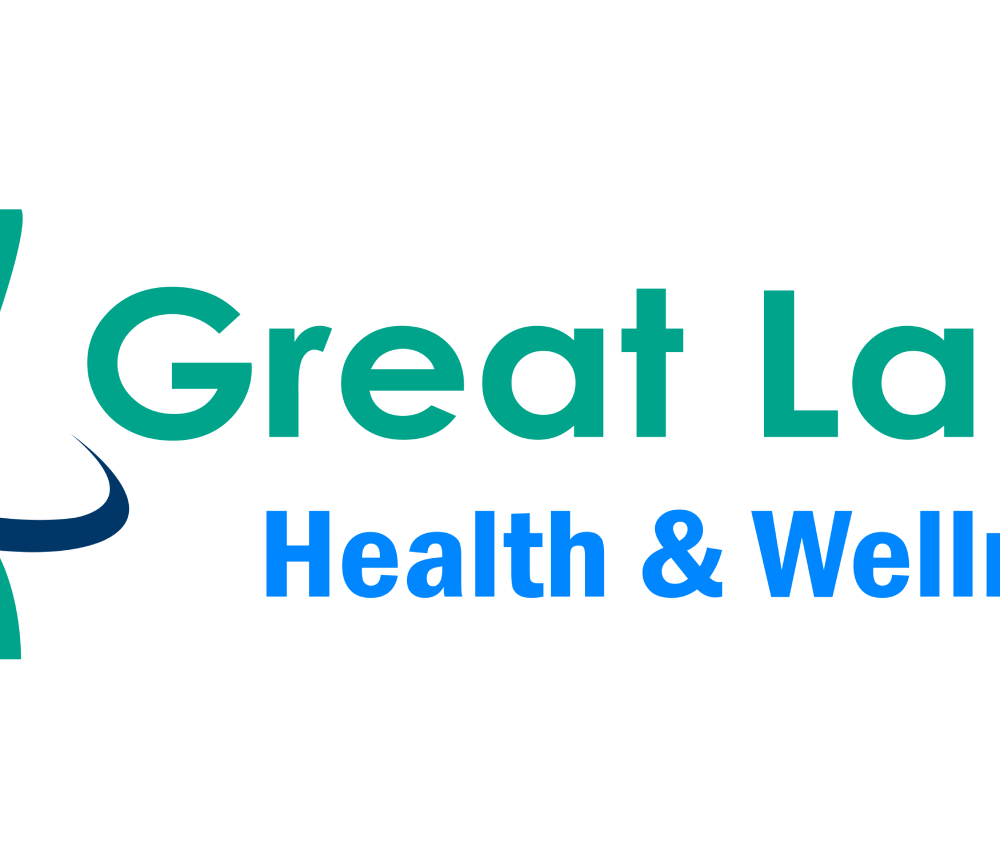Online gambling has grown rapidly in Turkey, offering convenience and entertainment to millions. But with its rise comes significant challenges that can impact community well-being. As more people engage in online gambling, concerns about addiction, financial strain, and social consequences have become harder to ignore.
We must address these challenges head-on to protect individuals and strengthen our communities. By exploring effective strategies to mitigate potential harms, we can strike a balance between enjoying online gambling responsibly and safeguarding public health. Just as business resources help organizations navigate challenges and grow, implementing well-informed policies ensures a safer environment that prioritizes both individual freedom and collective well-being.
Understanding Community Well-being in Turkey
Community well-being in Turkey reflects the physical, economic, and social health of its people. It includes access to resources, cohesive social systems, and the ability to thrive mentally and physically. Online gambling’s impact adds complexity to this balance, affecting vulnerable groups disproportionately. In this evolving landscape, Bahisbey prioritizes responsible gaming, offering a secure and transparent platform that promotes fair play while implementing measures to protect users and support community well-being.
Key Factors Influencing Community Well-being
- Economic Stability
Online gambling can strain household finances, placing lower-income families at greater risk. A 2022 report by The Economist highlighted that economic pressures often amplify gambling participation, leading to cycles of debt.
- Mental Health Challenges
Online gambling addiction undermines psychological health. A study by the National Center for Responsible Gaming revealed that consistent gambling exposure heightened risks of anxiety and depression. In Turkey, rising digital platform usage escalates these vulnerabilities.
- Social Relationships
Excessive gambling disrupts family dynamics and increases social isolation. A report by UNICEF emphasized that Turkey’s close-knit communities could experience long-term social disconnect due to gambling-related stress.
Regional Statistics on Gambling-Related Harms
| Aspect | Turkey (2022) Data | Global Average (2022) |
|---|---|---|
| Gambling Addiction | 3.6% of adults | 2.4% of adults |
| Financial Instability | Affecting 4.3% households | Affecting 2.8% households |
| Family Disruption | Reported in 2.5% families | Reported in 1.8% families |
The Role of Digital Accessibility
Turkey has over 82% internet penetration as of 2023 (DataReportal). Easy online gambling access magnifies risks, particularly among younger users. Regulatory systems haven’t kept pace with digital gambling’s expansion, leaving communities exposed to greater harm.
Addressing the Community’s Needs
Developing support systems like affordable counseling and public education helps empower individuals. Government policies that impose stricter monitoring on online gambling platforms can minimize harm. Collaborations between NGOs and healthcare providers contribute to sustainable community well-being practices.
Efforts must address specific cultural dynamics to effectively reduce gambling-related harms in Turkey.
The Rise of Online Gambling in Turkey
Turkey has seen significant growth in online gambling, driven by increasing internet penetration and mobile device usage. These trends have reshaped recreational activities but heightened social and health concerns.
Popularity and Accessibility
Online gambling platforms in Turkey experienced rapid adoption, with mobile apps making participation easier. Over 82% of residents access the internet, fueling this growth.
Social and Economic Impacts
Continuous gambling strains households, especially low-income families. Studies show rising debt and social isolation amplifying mental health challenges like depression and anxiety.
| Metric | Data in Turkey | Global Average |
|---|---|---|
| Internet Penetration (%) | 82 | 64 |
| Gambling Addiction (%) | 4.5 | 2.3 |
Vulnerable Groups and Regulation
Younger users and lower-income groups face greater risks due to targeted ads and lack of protective policies. Stricter regulations and public awareness campaigns are critical.
Authorities and organizations, such as the Ministry of Family and Social Services, focus on mitigating gambling-related harms. Collaborations with global bodies like WHO emphasize balanced solutions.
Assessing Potential Harms of Online Gambling
Online gambling in Turkey presents significant risks to community well-being. Identifying these harms requires examining psychological, financial, and social consequences.
Psychological and Emotional Effects
Online gambling fosters addiction, leading to anxiety and depression. Studies show problem gamblers face higher mental health risks, including sleep disorders and low self-esteem. The Turkish Green Crescent highlights that 26% of gambling addicts report chronic stress symptoms.
Financial Strains and Consequences
Excessive gambling depletes savings and increases debt. Middle and lower-income groups in Turkey are particularly vulnerable. Data from a 2022 report on Turkish households revealed that 18% of problem gamblers had lost over 30% of their income due to gambling.
Impact on Family and Social Dynamics
Problem gambling erodes trust, creating conflicts within families. Research in Turkey indicates that 34% of gambling-related family conflicts result in divorce petitions. Social isolation also grows as gamblers prioritize online platforms over connections in their communities.
| Key Impact Areas | Statistic/Source |
|---|---|
| Addiction Rates | 4.5% (higher than global average of 2.3%) |
| Financial Loss Impact | 18% lose over 30% of income (2022 study of Turkish homes) |
| Gambling-Linked Divorce | 34% report family disruption or petitions |
For additional insights into gambling-related harm reduction, the Turkish Ministry of Health, regulatory agencies, and international research on gambling addiction (e.g., https://www.responsiblegambling.org) serve as key references.
Strategies for Mitigating Online Gambling Harms
Addressing the growing risks of online gambling in Turkey requires multi-faceted approaches focused on regulation, community education, and individual accountability. By implementing strategic interventions, we can promote public health and minimize societal damage.
Policy and Regulatory Approaches
Strict regulations and monitoring prevent exploitative practices by online gambling platforms. Authorities can enforce user verification, set deposit limits, and ban targeted ads aimed at vulnerable groups. The Turkish Banking Regulation and Supervision Agency’s oversight can reduce unauthorized transactions and money laundering within gambling systems.
Community Support and Awareness Programs
Educational campaigns and local support networks build resilience against gambling harms. Collaborations with NGOs, schools, and the Ministry of Family and Social Services can raise awareness of addiction signs and encourage preventive actions. By offering counseling services and targeted outreach, communities can address gambling-related mental health and financial crises.
Promoting Responsible Gambling Practices
Introducing self-exclusion programs and responsible gambling tools empowers users to maintain control. Platforms can offer features like wager tracking, timeout periods, and notifications for excessive usage. Governments and operators can fund technology that identifies at-risk players early to provide targeted interventions.
Impact of Strategies: Data Insights
| Initiative Type | Example Efforts | Expected Impact |
|---|---|---|
| Regulatory Enforcement | Banning underage gambling, ad restrictions | Reduced exposure for vulnerable demographics |
| Awareness Programs | School workshops, NGO counseling initiatives | Enhanced understanding of risks and available support |
| Responsible Technology | Self-limitation tools, usage analytics monitoring | Early identification and assistance for problem users |
Collaboration between regulatory bodies, gambling platforms, and community organizations creates a foundation for societal well-being. By addressing systemic gaps, Turkey can mitigate the adverse impacts of online gambling and cultivate a healthier, more informed community. External resources like the World Health Organization’s framework on mental health and gambling addiction research by Cambridge University provide usable methodologies for reducing harm.
Role of Technology in Harm Reduction
Technology plays a vital role in reducing gambling-related harms in Turkey. Its integration aids in real-time monitoring, prevention strategies, and safeguarding vulnerable players.
Tools for Monitoring and Prevention
Platforms utilize AI algorithms and data analytics for early detection of problematic behaviors. Features like self-exclusion tools and spending limits help users manage gambling habits effectively.
Innovations in Digital Gambling Safeguards
Advanced tools like facial recognition verify identities to enforce age restrictions. Blockchain ensures secure financial transactions, preventing unauthorized spending and fostering user trust.
Data-Driven Insights for Intervention
Analysis of user behavior tracks activity patterns to identify risks. Algorithms provide operators with reports on at-risk individuals, enabling timely intervention and customized support.
Collaborative Platforms and Community Reporting
Gamblers and families benefit from integrated platforms offering resources for support. Systems allow community reporting of illegal platforms, aligning with Turkish regulations to enhance safety measures.
Table: Key Technological Measures in Harm Reduction
| Measure | Implementation | Impact on Users |
|---|---|---|
| Self-exclusion tools | Mobile apps and websites | Limits player access to platforms |
| AI monitoring | User activity tracking | Flags risky behavior and addiction signs |
| Blockchain security | Payment systems | Safeguards financial integrity |
As referenced by Statista, tech advances in online platforms continue to shape safer gambling environments globally. Employing these strategies ensures improved gambling accountability in Turkey.
Conclusion
Addressing the challenges of online gambling in Turkey requires a collective effort to safeguard community well-being. By implementing targeted regulations, fostering public awareness, and leveraging technology, we can mitigate the risks while promoting responsible gambling practices. Collaborative initiatives between government bodies, NGOs, and industry stakeholders are key to protecting vulnerable groups and ensuring a balanced approach. Together, we can create a safer environment that prioritizes both individual and societal health.







